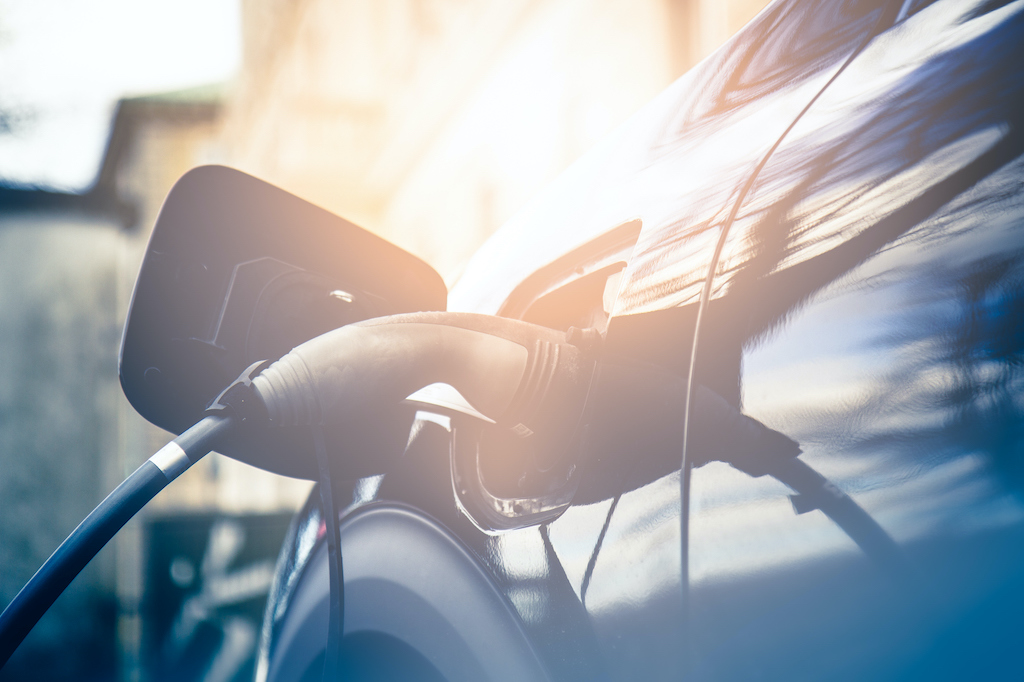With this looming on the not-too-distant horizon, you may already be thinking about an electric vehicle as your next move. Or if not, where that leaves your trusty old gas guzzler?
Are we ready for EVs?
In terms of charging infrastructure, you don’t need to be an actual EV owner to have heard negative murmurings. Amongst the many glowing reports from EV users lamenting satisfaction with their vehicles you’ll find tales of EV road trip misadventures.
Even those with off-street parking are still somewhat wary of the current state of the UK’s public charging infrastructure. It doesn’t take a statistician to conclude that there’s simply not enough of these charge points around currently. There’s a myriad of disparate suppliers each with their own payment systems, often requiring app logins, account and payment setups. It’s fair enough to say that longer trips may still require a little planning.
Then there’s the technology itself. Battery chemistry is progressing at such a rapid pace that from the point of ordering, by the time you’ve waited the [not unheard of] 8 months to a year for some latest EVs, the tech may have already moved on. Solid State batteries are potentially right around the corner, and the new normal might mean extra 100+ miles of range and much faster charging speeds.
What’s going to happen to your petrol or diesel car in 2030?
You may be wondering what the aforementioned ban will mean for your beloved ICE car.
Surprisingly, used car values are enjoying somewhat of a renaissance currently, due to the so-called chip-crisis slowing manufacturing. With the average life of a car being 14 years, one could realistically expect new petrol and diesel cars purchased in late 2029 hanging-on in there on Britain’s roads until 2044 at least. So, besides the usual inflation woes, the straightforward answer might be: not a huge amount to worry about.
Beyond the 2030 abyss however, with future price increases and perhaps even controversial taxation schemes... Pondering what this will actually mean for ICE car ownership reliant on this exotic, rare substance known as petrol, could prove to be a grim affair.
The bright side
Day-to-day runabouts simply aren’t going to be running on the black stuff. Even the most die-hard petrol-heads out there may have already accepted this as inevitable.
In a recent poll from Zap-Map, the UK’s No.1 vehicle charging app, 91% of EV drivers would not go back to petrol or diesel cars. Just 8% said they’d even consider it. Leaving just 1% missing a petrol/diesel or hybrid.
The benefits are real, tangible and immediate.
- Cheaper to fuel
Off-peak charging at home is much cheaper than at the pumps. And most public chargers, especially those with membership schemes are still cheaper than at the pumps, per mile. - Cheaper to maintain
Less moving parts = less wear. - No emissions
There’s a certain peace of mind that comes with emission-free motoring. - Noticeably quieter
Many are smitten after test driving their first EV. - Driving experience
The immediate response even lesser powered EVs can muster is surprising. - 0% Road Tax for pure EVs
Together with reduced rates of Benefit in Kind [BIK] Tax for company car drivers. - £1,500 grant towards purchase new
It may have been slashed, with the limit also capped at £32,000. But remains a plus.
In fact, Battery Electric Vehicles or BEVs topped 10% market share for the first time in June 2021.†
Charging infrastructure is improving month by month and battery charging speeds and capacities are constantly evolving. The simplicity and unification of payment systems is also getting better, with some now allowing kerfuffle-free contactless debit card payments.
For the 40% of us without access to off-street parking, there are some developments that could make a difference… Zip Charge Go is a new mobile battery system designed for off-peak, at-home charging. This can be wheeled, carry-on luggage style to your car www.zipcharge.global. If you make lots of short local journeys, for example school-runs, this could make a lot of sense for the driveway-challenged. Plus, it can also be easily taken on longer road trips if you’re prone to range anxiety.
For those whose pockets aren’t deep enough for a brand-new BEV, the landscape is already maturing to a degree. There are some great deals to be had on some earlier generation cars like the Nissan Leaf and Renault Zoe.
Niggles aside, if you‘re fortunate enough having the ability to charge at home and are in the market for a new car, EV ownership is already a very compelling choice.
†Source: ZapMap, UK charging Infrastructure in 2021: A year in review.
Jim Birchenough
Video and Content Lead
2112 Communications Limited


